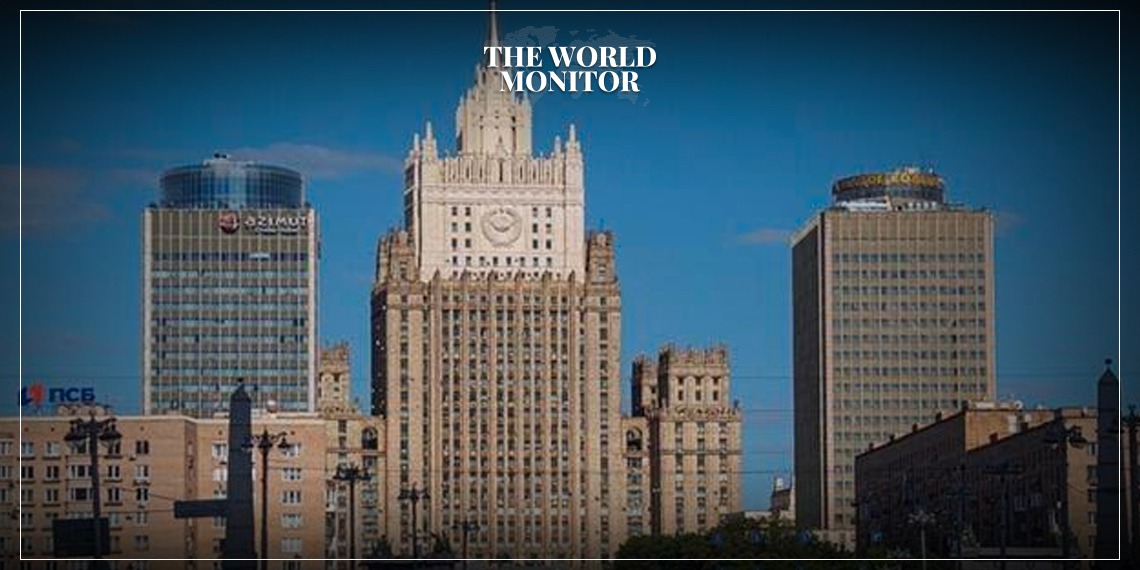In a recent statement, Dmitri Bertshevsky, the Director of Economic Cooperation at the Russian Foreign Ministry, indicated that pressures from the European Union and Washington on Central Asian countries regarding anti-Russian sanctions are jeopardizing projects in the region.
Bertshevsky detailed that such pressures have compelled friendly nations in the region to align with anti-Russian sanctions, reducing their trade and economic cooperation with Russia. He branded such actions by the United States and its allies as a “blatant interference” in bilateral relations. He stressed that this essentially violates the “right to formulate an independent foreign policy and external economic strategy, threatening the realization of mutually beneficial projects in Central Asia.”
Additionally, the President of the European Council, Charles Michel, recently stated that while the EU seeks dialogue with Central Asian countries regarding compliance with sanctions against Russia, they intend to take measures against those facilitating circumvention of these sanctions. Michel noted that sanctions would be directed at those supporting Russia, which the EU perceives as aiding the Russian defense sector.
In a prior statement, Russian President Vladimir Putin mentioned that the West’s strategy to contain and weaken Russia is a long-term one, emphasizing that the sanctions have inflicted serious damage on the global economy as a whole.
Since the onset of the war in Ukraine last February, the European Union, consisting of 27 nations, has imposed an unprecedented series of sanctions on Moscow. It’s worth noting that the EU has levied 11 packages of sanctions on Russia, targeting Moscow’s primary oil exports, excluding its banks from the SWIFT money transfer system, and targeting key Russian figures, including Putin himself.
European officials have repeatedly declared that the Western sanctions aim to weaken Russia. However, the outcomes appear counterproductive, negatively impacting Europe’s economy.






